Indoor walking exercises are seriously effective at boosting fitness and mood when you're busy - 5 a PT does herself
Get your steps in without setting foot outside.
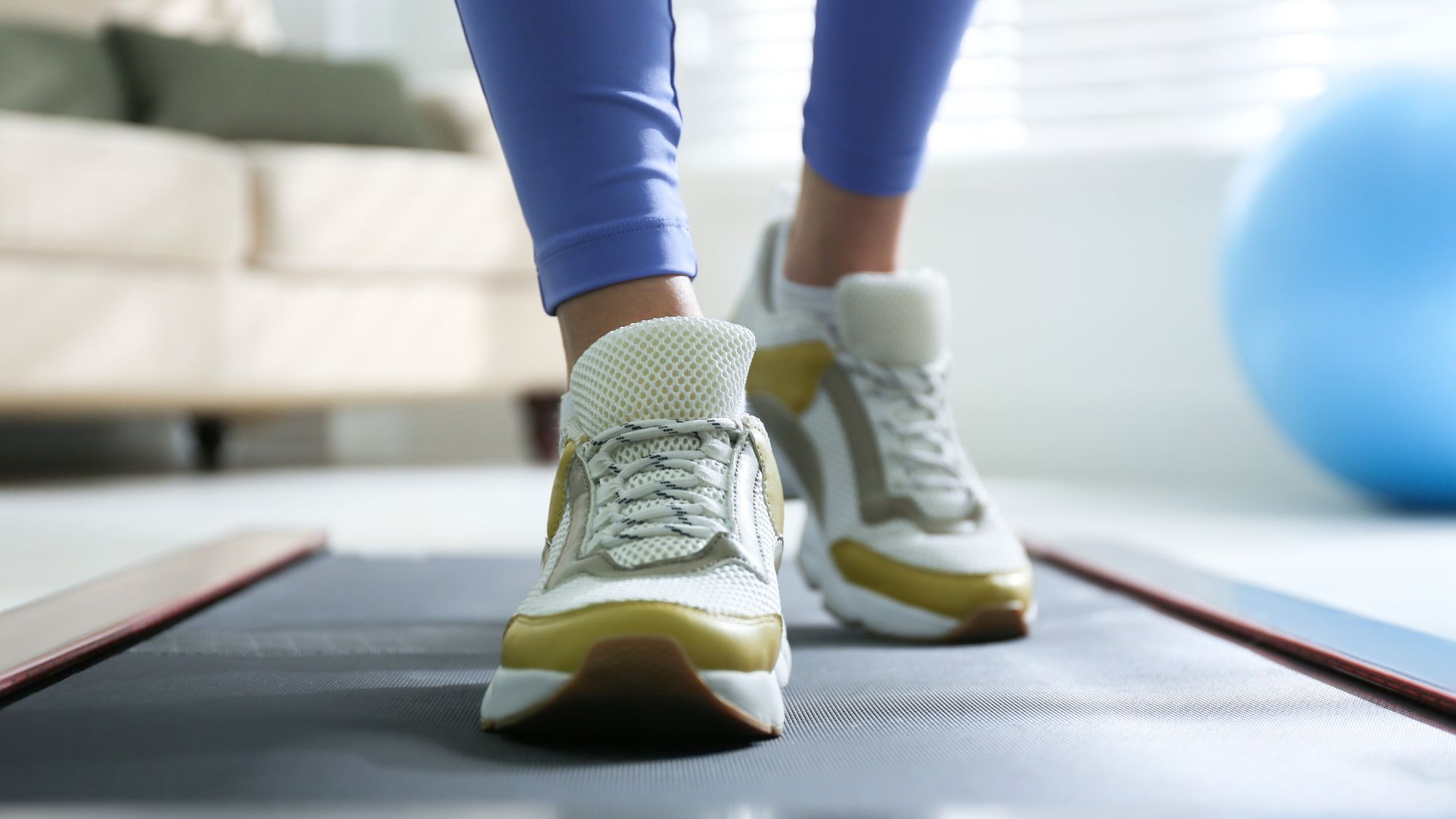

Indoor walking exercises might not be what immediately springs to mind when thinking about working out from home, but we're here to tell you that, when it comes to boosting muscle tone, walking exercises are elite (and name us an easier way to get some movement in this Christmas - we'll wait).
Walking workouts are having a moment this year, with the likes of the 12-3-30 workout and walking pads taking TikTok by storm.
You'll likely know that there are a myriad of benefits of walking, and you'll be pleased to hear that when it comes to harnessing said benefits, it makes little difference where you do it (which is music to our ears, when it's dark practically all day right now). The benefits really speak for themselves: research published in the European Journal of Preventive Cardiology shows that walking as little as 4,000 steps per day can reduce our risk of all-cause mortality, while other studies show that regular walking contributes to healthier ageing, decreasing our risk of cognitive impairment and dementia as well as improving longevity.
But let's face it, even with the best of intentions we're all going to struggle to get out for a good hike over Christmas, so, with this in mind, we've asked top PTs for their favourite indoor walking exercises to keep up our movement goals this festive period. Whether you're staying home or travelling, you can do these moves anywhere, anytime, for free.
Keen to read more about how beneficial the humble stroll can be? Check out our go-to indoor walking challenges, our Health Editor Ally Head's walking pad review (spoiler alert: she now raves about walking desk benefits and it's become one of her favourite fitness hacks ever), plus find out how one of MC UK's Health Writers got on when she tried walking every day for two weeks.
5 indoor walking exercises that are so good, the experts rave about them
What are indoor walking exercises?
For the uninitiated, indoor walking exercises are gloriously straightforward and self-explanatory. "Indoor walking exercises are structured physical activities that simulate walking movements, and they’re typically performed in a small space (at home, for example) using various techniques or equipment," explains structural fascia therapist and fitness expert TJ Trafford.
And the good news? "You can do them in your living room, bedroom or even your hallway, and the exercises can range from walking on the spot to using a walking pad, a walking video on YouTube, or following guided indoor walking routines, via an app." Even walking up and down the stairs counts!
Marie Claire Newsletter
Celebrity news, beauty, fashion advice, and fascinating features, delivered straight to your inbox!
What are the benefits of indoor walking exercises?
As we've touched on above, walking has so many benefits. And an indoor walking workout ticks the convenience and all weather boxes too.
"PTs often recommend indoor walking for its flexibility and low barrier to entry," notes Kunal Makwana, PT and founder of KMAK Fitness. "It's an excellent introduction to regular exercise, and is highly inclusive - it suits pretty much everyone."
Let's take a look at the benefits.
1. It's convenient
Topping the list of benefits of indoor walking has to be the convenience factor, especially if you don't love being outside in the cold and dark.
"There are so many benefits to indoor walking," shares Penny Weston, PT and founder of MADE wellnesss. "It’s a great way to hit your step goal without having to go outside, which in the UK winter time is a must for many of us! The weather can be bleak and dreary, without a lot of sunlight during the winter months, which can make it difficult to get outside and exercise."
And we haven't even mentioned the fact that (if you've invested in a walking pad) you can multitask by walking while watching your favourite box set - win, win.
2. It's great for our joints
Walking is the OG low-impact cardiovascular exercise, and as such, it's great for beginners, as well as being a good compliment to other, more intense forms of movement.
"Indoor walking provides a gentler cardiovascular workout on the joints compared to high-impact activities like running," shares Trafford. "It can help to improve heart health, boost circulation, and increase overall endurance without putting excessive strain on knees, ankles, and hips."
Additionally, regular indoor walking is crucial for influencing the health of both our muscle and fascia. Fascia is a thin, connective tissues that wraps around the skeleton, muscles and joints.
"Fascia is crucial to how you move," notes Trafford. "It forms a continuous network that transmits force and information throughout your body. Regular movement keeps our fascia hydrated and flexible and helps keep our from bodies becoming stiff and restricted."
3. It's simple to fit in even when you're busy
Walking is super simple to do: bear in mind that we're all walking everyday, regardless of our fitness levels or ability.
"Walking really couldn't be easier to fit around your schedule," agrees Weston. "Whether you’re working long hours, or struggle to motivate yourself to get to the gym before work, being able to do indoor walking can be a gamechanger. You can wake up and roll straight onto the treadmill, or if you work from home, you can do it during your break to build up your step count throughout the day."
While we're absolutely not part of the no excuses club, walking is an excellent and easy way to weave a little more movement into our day.
4. It boost mental wellbeing
Walking in nature is undoubtedly beneficial for mental health and wellbeing, but don't overlook the benefits of indoor walking for your mind.
"Like all forms of exercise, indoor walking releases endorphins, helping to combat stress and improve mental health," notes Trafford.
Who are indoor walking exercises best for?
Indoor walking has to be one of the most inclusive activities we can think of, but it's not just beginners who can harness the benefits.
"While walking is the perfect introduction to regular movement, it's a great complement to other, more intense fitness routines," says Makwana. "It's also perfect for recovery days, making it ideal for exercise newbies and seasoned athletes alike."
5 of the best indoor walking exercises, recommended by PTs
1. Marching workout
What? A 10-minute, no-treadmill walking workout with Jessica Valant.
Why? This workout couldn't be any easier. You'll work through marching in place, marching along your mat and some side walks to maximise muscle activation. "Mixing up a marching routine like this keeps them engaging and effective," notes Makwana.
How long for? 10 minutes.
2. Side steps with arm raises
What? A simple side step and arm raise sequence.
Why? Essentially, this move is a modified jumping jack. "Raising your arms above your head will increase the intensity and get your heart working harder," advises Makwana.
How long for? As long as you like, but if you're just starting out, try one minute on, take a break, then go again. Repeat five times.
3. Interval walking
What? A simple 10-minute interval walking routine.
Why? "Interval walking is great for burning fat and improving your physical fitness level," says Weston. "In fact, research has found that regular interval walking can be especially beneficial for people with Type 2 diabetes, as it can lower their blood-sugar levels, lower their cholesterol andhelp them to lose weight."
How long for? Just 10 minutes of your day.
4. Incline walking
What? A 20-minute treadmill incline walk.
Why? Want to up the ante on your indoor walking practice? Simply up the incling on your treadmill or walking pad for a deeper burn and more cardiovascular work. No equipment? Try walking up and down stairs instead.
How long for? 20 minutes, done and dusted.
5. Weighted walking
What? Walking - but with weights.
Why? "Using light hand weights or wearing a weighted vest will increase resistance as you walk," explains personal trainer and ambassador for Bio Synergy UK, Emma Goodman-Horner. "As walking is suitable for all fitness levels, it's important to adapt the pace, duration, and complexity to match your needs."
How long for? Another 20-minute workout.
Shop MC UK's go-to walking essentials here:
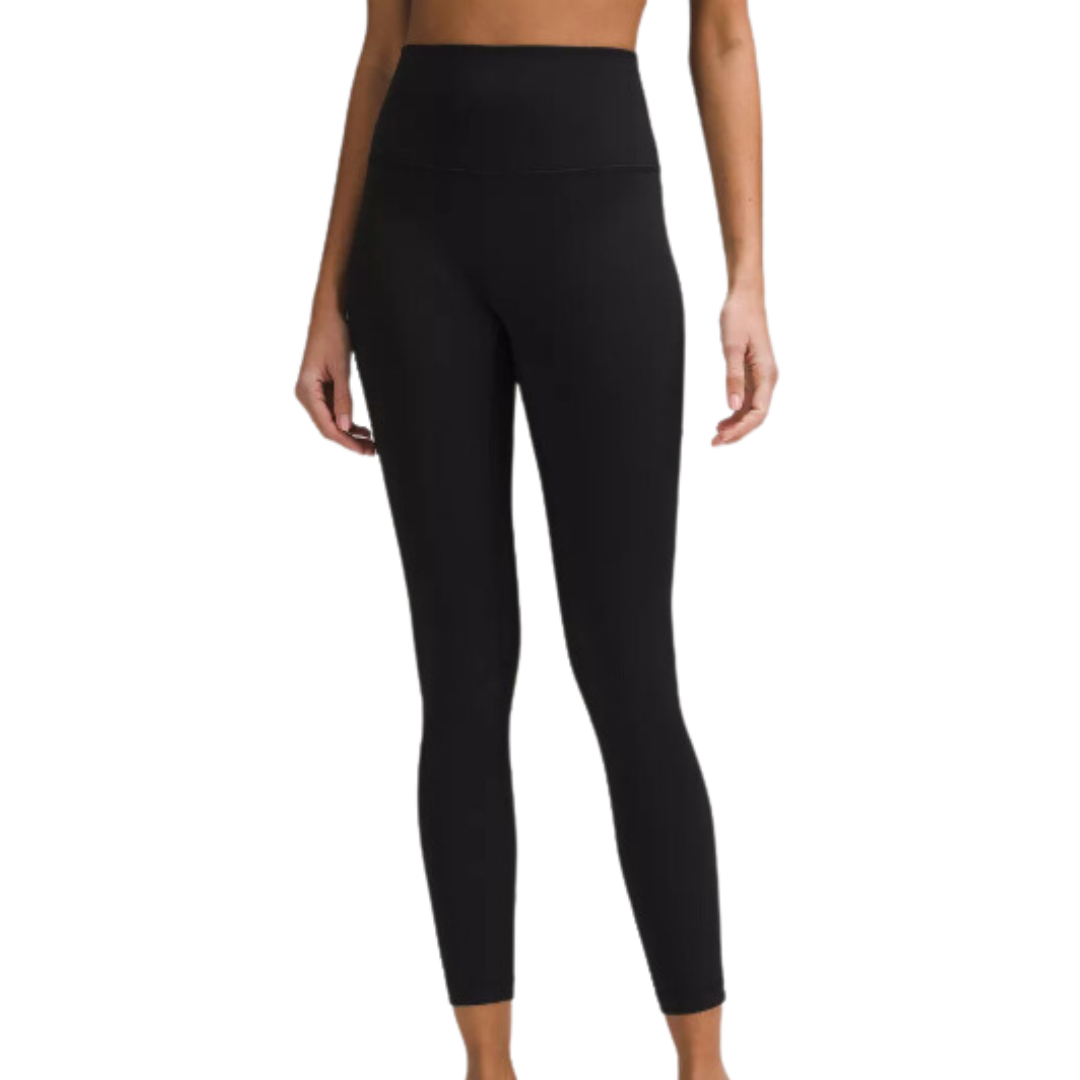
You'll never convince us there's a more comfortable legging out there luluemon's Align are an all-time fave. Butter-soft, oh-so-comfy and with a choice of leg lengths, they tick all our boxes.

Name a better home workout item than the humble hoodie - we'll wait. Perfect to throw on post-walking, or even while you're getting your steps in - after all, it's getting cold out there.
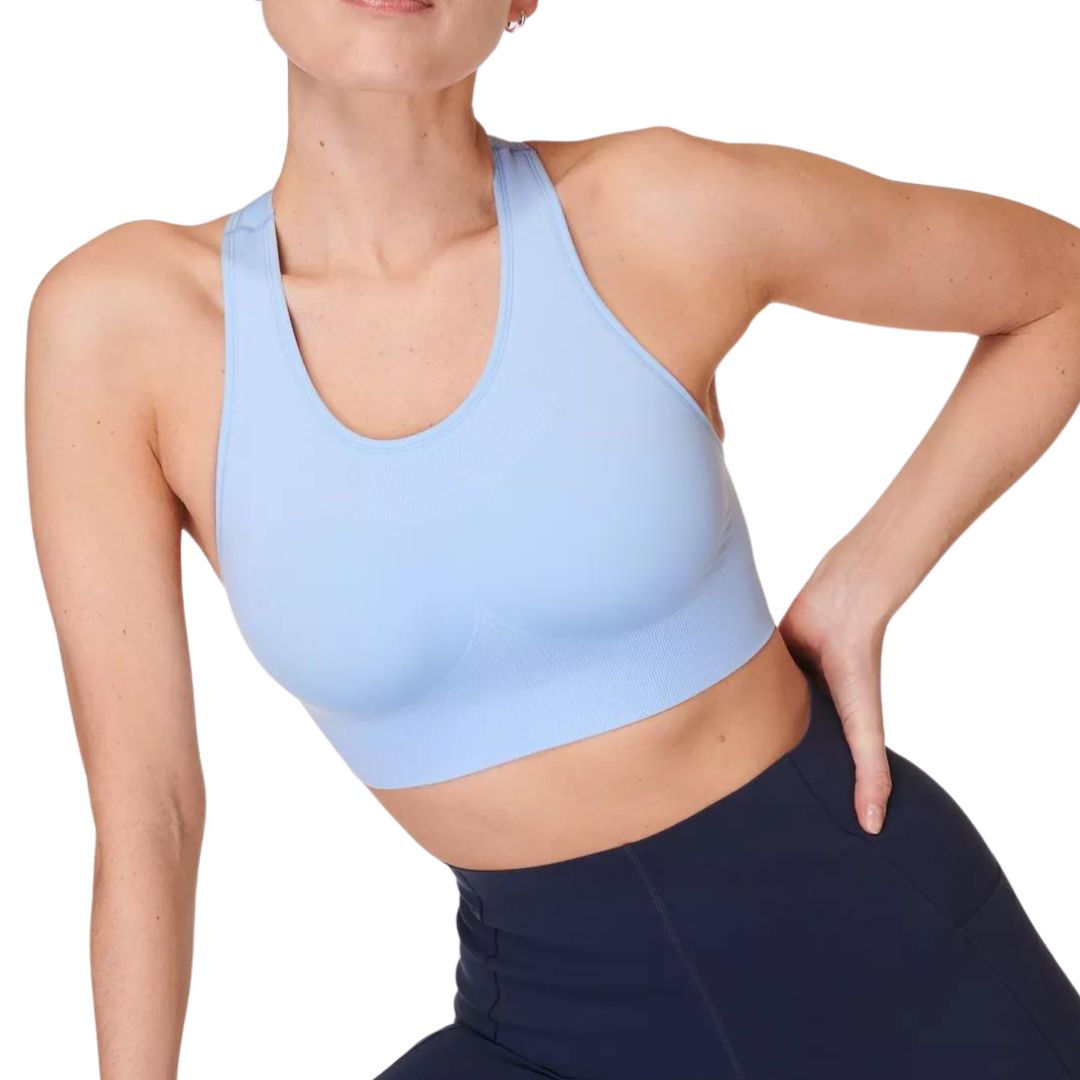
A comfy yet lightly-supportive bra is an indoor walking essential, and Sweaty Betty's stamina is a firm favourite. Seamless (so no chafing), stretchy and sweat-wicking, it's the perfect option whether you're walking to the sofa or further afield.
How can I make the most of my indoor walking exercises?
According to Emma Goodman-Horner, PT and ambassador for Bio Synergy UK, there are a few key things to consider if you're keen to master indoor walking success. First up, make sure to wear supportive shoes. "Even indoors, proper footwear can prevent discomfort or injury," she stresses. Next, make sure to focus on your posture and keep your back straight, shoulders relaxed, and core engaged.
To keep yourself motivated, track your progress and set goals. "Use a fitness tracker to monitor steps, distance, and other metrics like heart rate, and aim for a certain number of steps, minutes, or intensity level to stay motivated," she recommends.
Last but by no means least, make sure to drink water before, during, and after your session and also mix things up, if you're feeling unmotivated. "Mix in different styles of walking to prevent boredom and challenge different muscles," she advises.

Anna Bartter is a freelance journalist who writes about health, fitness and women's lifestyle for publications including Stylist, Metro and Psychologies, among others.
She's always on a quest to find a variety of fun and functional workouts that give you the most bang for your workout buck and she's passionate about championing movement for everyone's mental and physical wellbeing.
-
 This is not a drill: you can now shop Alexa Chung's actual wardrobe on Vinted
This is not a drill: you can now shop Alexa Chung's actual wardrobe on VintedOwn a piece of sartorial history
By Penny Goldstone
-
 New Look’s spring collection has dropped—as a picky fashion editor, I’m seriously impressed
New Look’s spring collection has dropped—as a picky fashion editor, I’m seriously impressedSpring trends at affordable prices
By Jazzria Harris
-
 I'm the founder of an ethical brand marketplace - why, in the wake of tariff-gate, protecting independent businesses is more important than ever
I'm the founder of an ethical brand marketplace - why, in the wake of tariff-gate, protecting independent businesses is more important than everThis Earth Day, the founder of Wolf & Badger shares why protecting sustainable brands is so pivotal.
By Ally Head
-
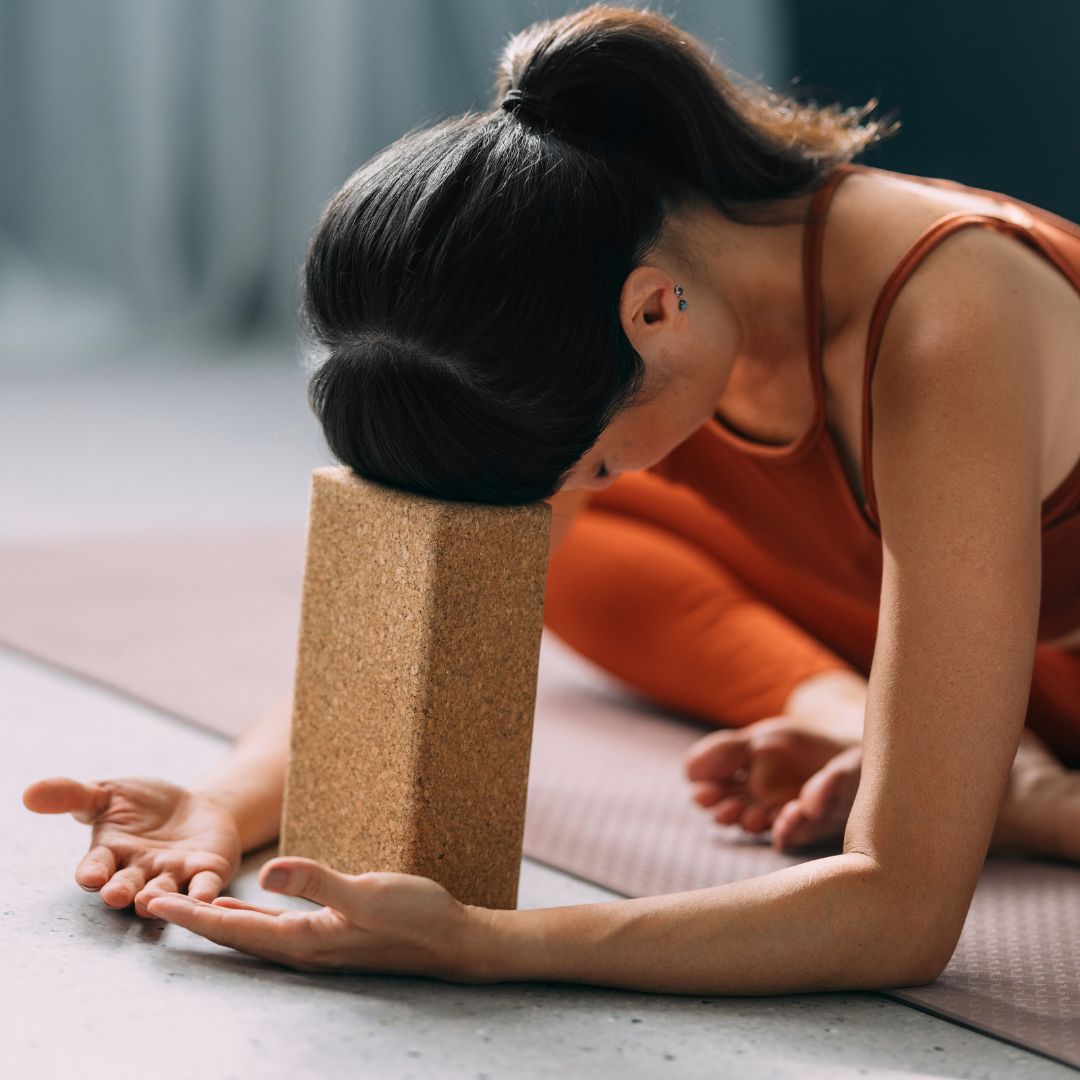 Short on time but keen to boost body and mind? Top experts share their go-to 10-minute yoga flows
Short on time but keen to boost body and mind? Top experts share their go-to 10-minute yoga flowsGuaranteed to make you feel grounded.
By Ashleigh Spiliopoulou
-
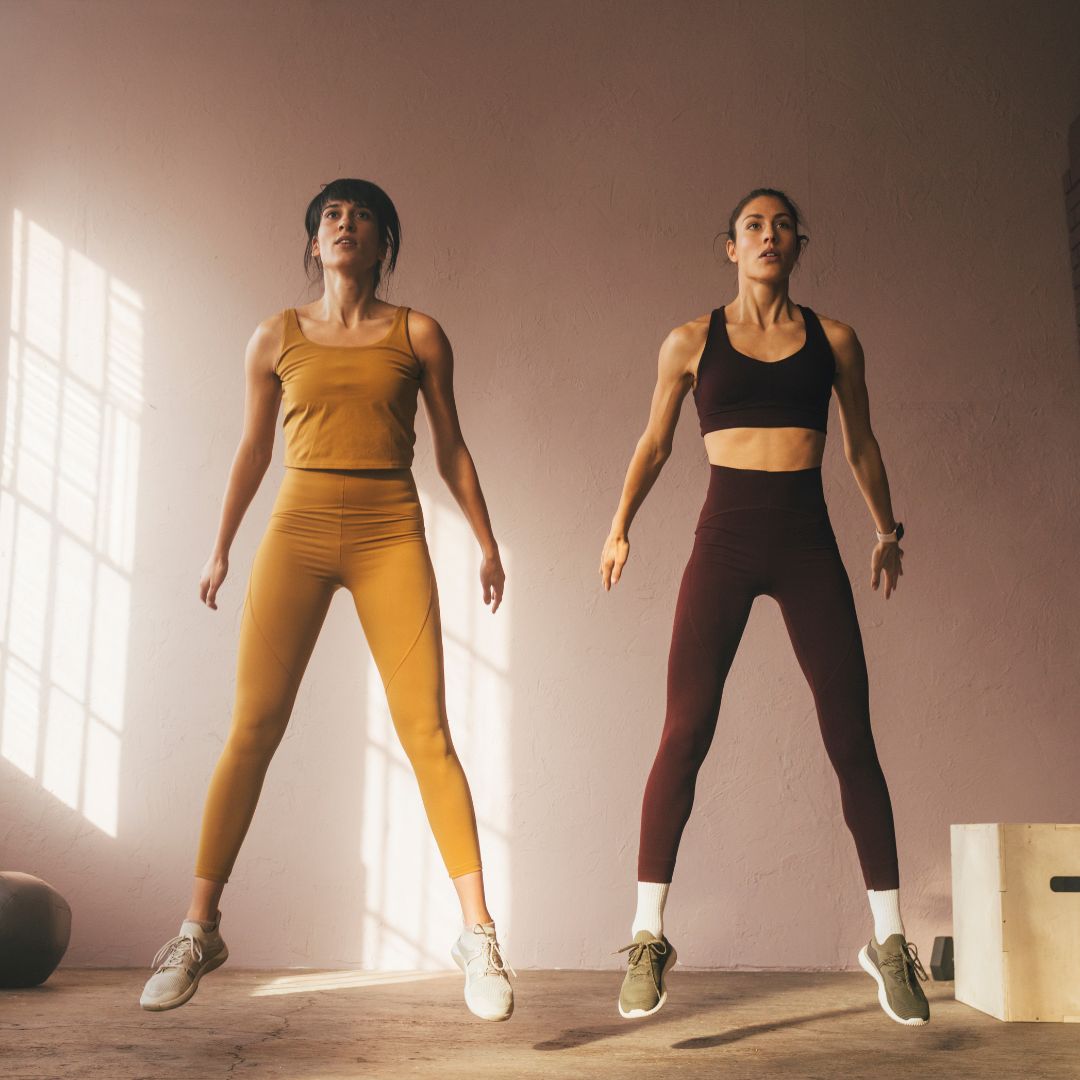 Jump training workouts are being hailed as the best longevity workout you can do - a top personal trainer shares their guide
Jump training workouts are being hailed as the best longevity workout you can do - a top personal trainer shares their guideJump to it...
By Katie Sims
-
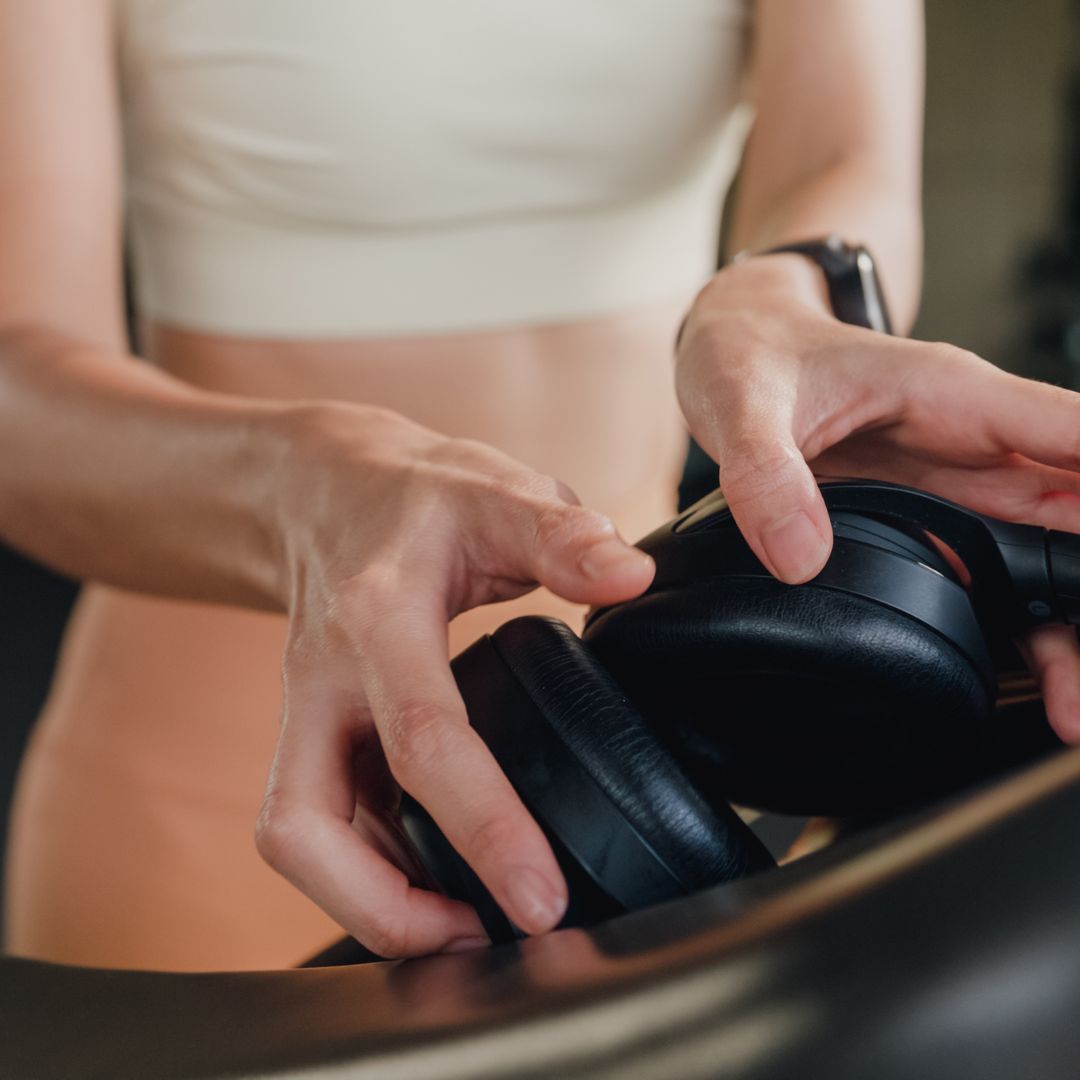 It's the must-have bit of fit kit of the year - a fitness expert shares their 5 top tips for choosing a walking pad
It's the must-have bit of fit kit of the year - a fitness expert shares their 5 top tips for choosing a walking padThis year's fitness must-buy.
By Katie Sims
-
 I tried Pilates roll-downs every day for a week - and was amazed at how quickly it eased years of stiffness
I tried Pilates roll-downs every day for a week - and was amazed at how quickly it eased years of stiffnessConsider my spine more mobile than before.
By Rebecca Shepherd
-
 Spring has finally sprung - 6 best outdoor workouts that are totally free and boost both body and mind
Spring has finally sprung - 6 best outdoor workouts that are totally free and boost both body and mindSoak in the nature and boost Vitamin D *and* endorphins.
By Anna Bartter
-
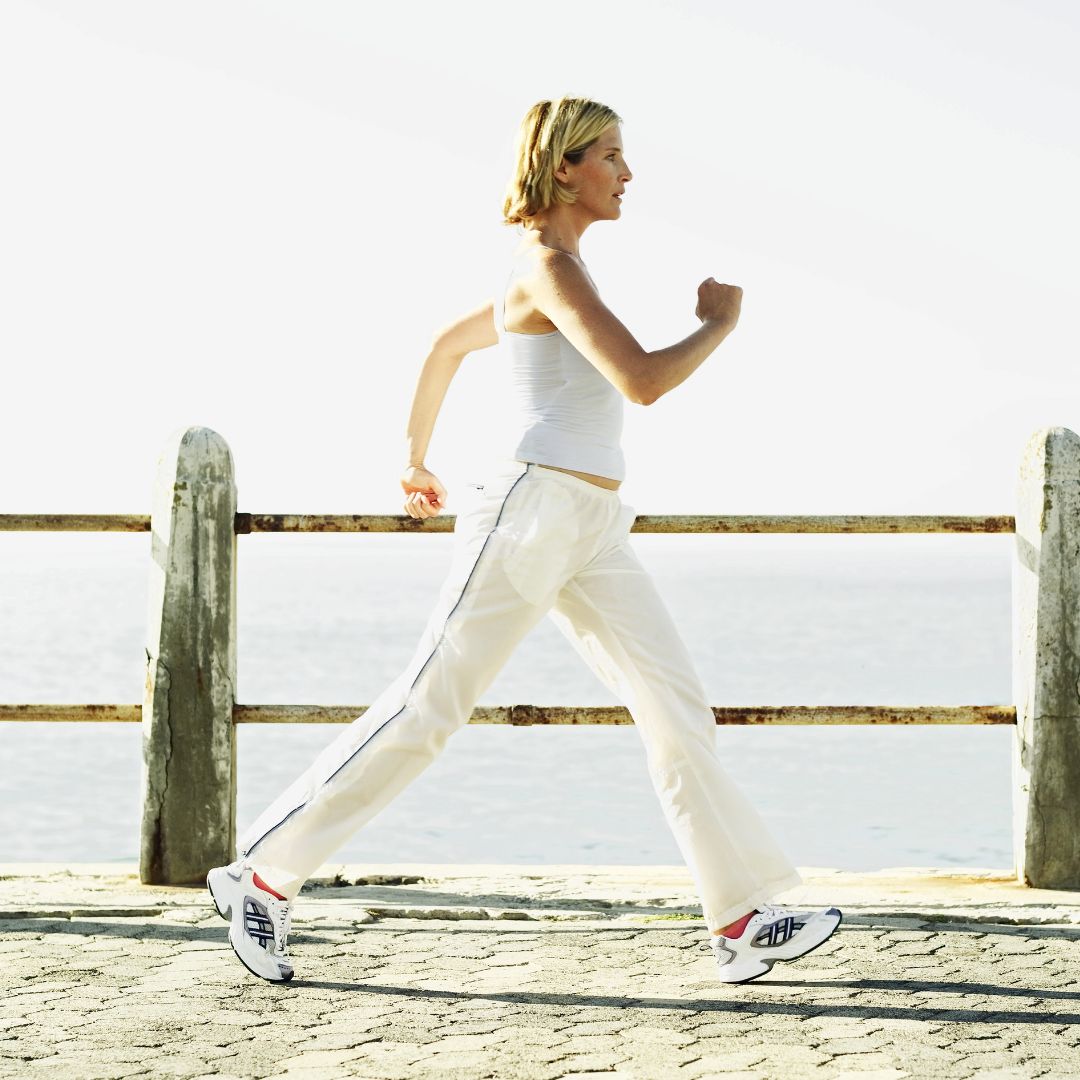 Power walking is the latest trending workout - and it promises to supercharge your health in the simplest way
Power walking is the latest trending workout - and it promises to supercharge your health in the simplest wayKeen to find out more? Step this way...
By Rebecca Shepherd
-
 Fan of low-impact sessions? These are officially the 7 best Pilates apps for boosting strength, tone and mood
Fan of low-impact sessions? These are officially the 7 best Pilates apps for boosting strength, tone and moodYou can thank us later.
By Katie Sims
-
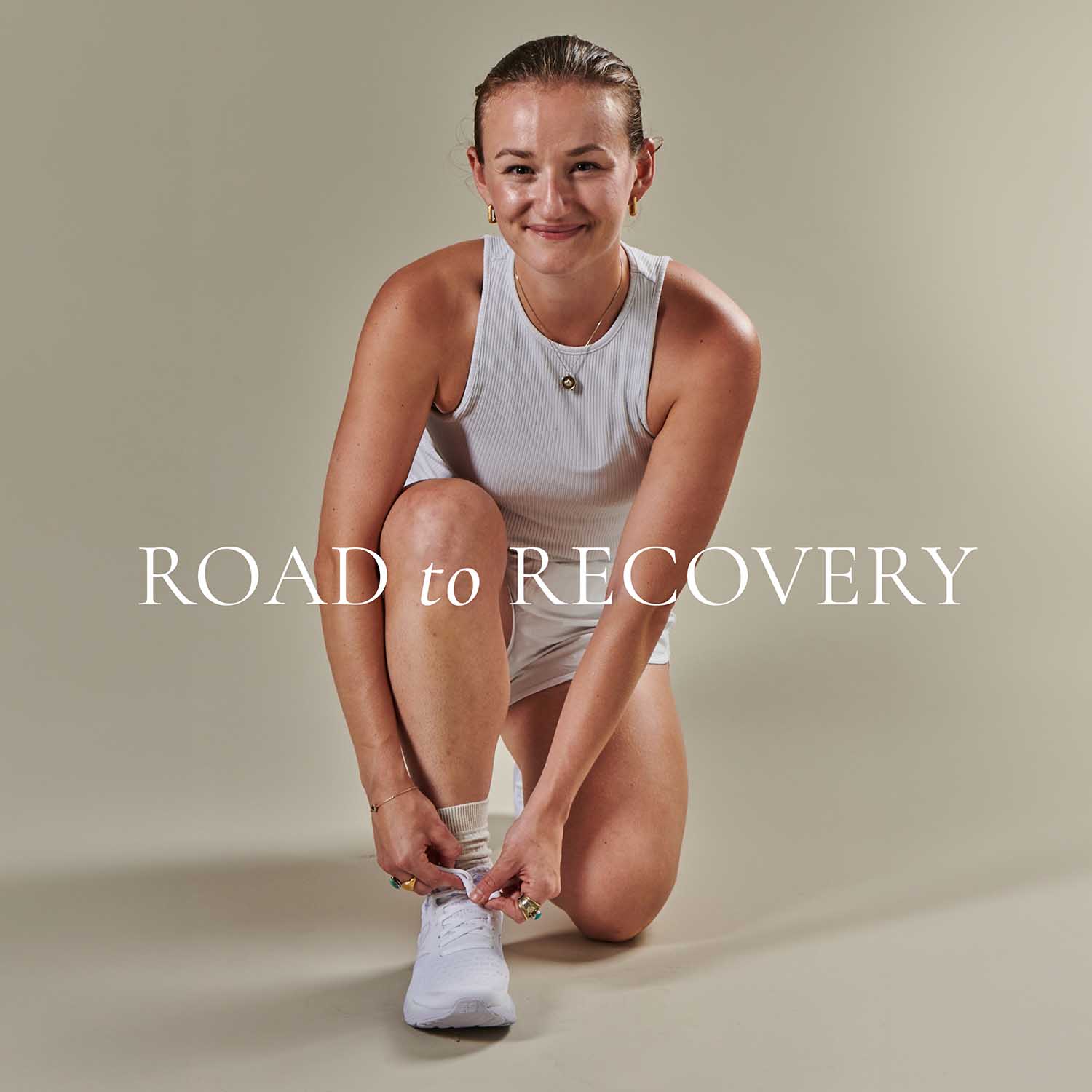 Road To Recovery: As marathon training ramps up - 5 tips for maintaining motivation, from a 9x marathon runner
Road To Recovery: As marathon training ramps up - 5 tips for maintaining motivation, from a 9x marathon runnerPlus, I share the joy of returning to running and the kit I've been loving recently.
By Ally Head



